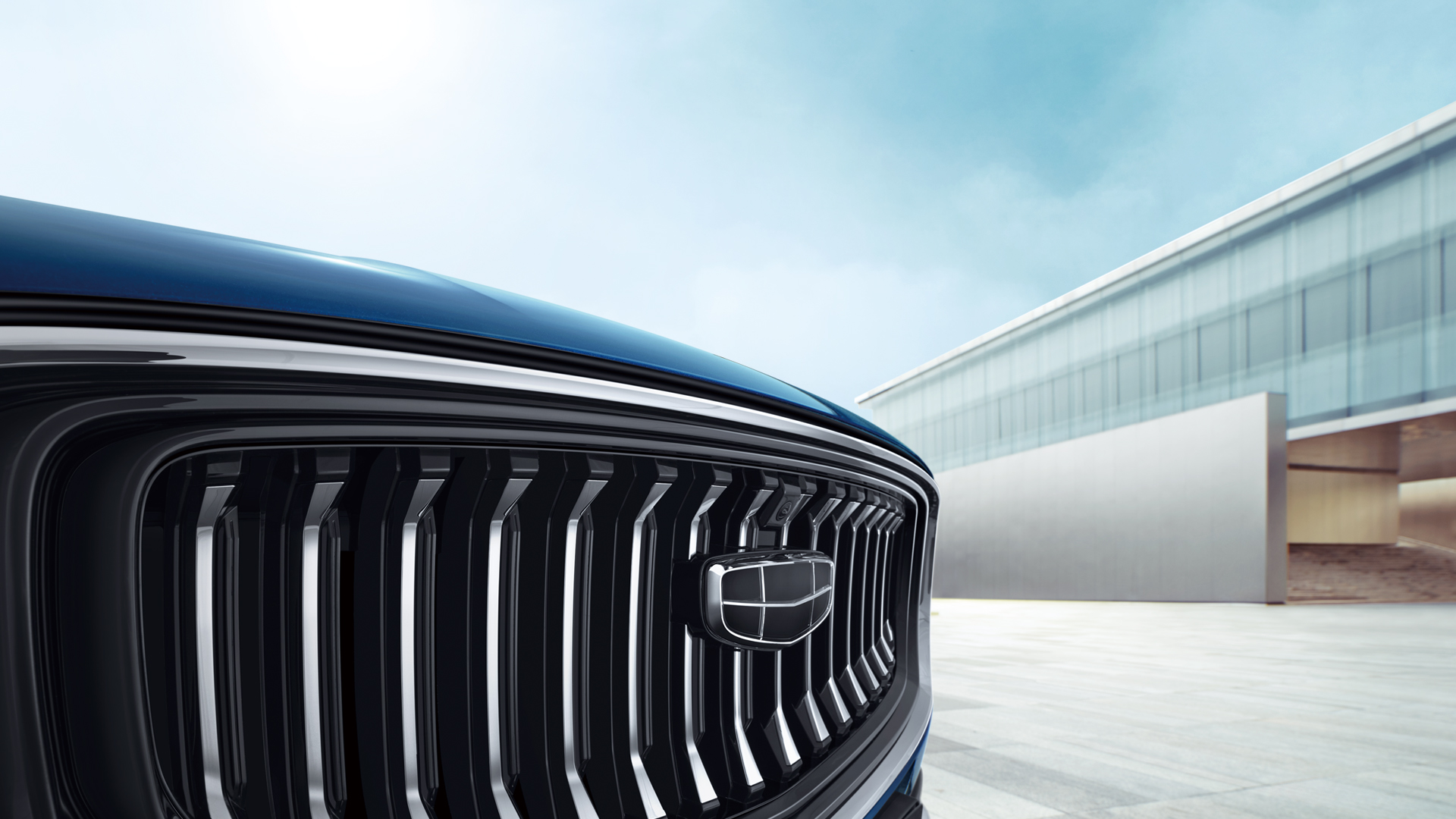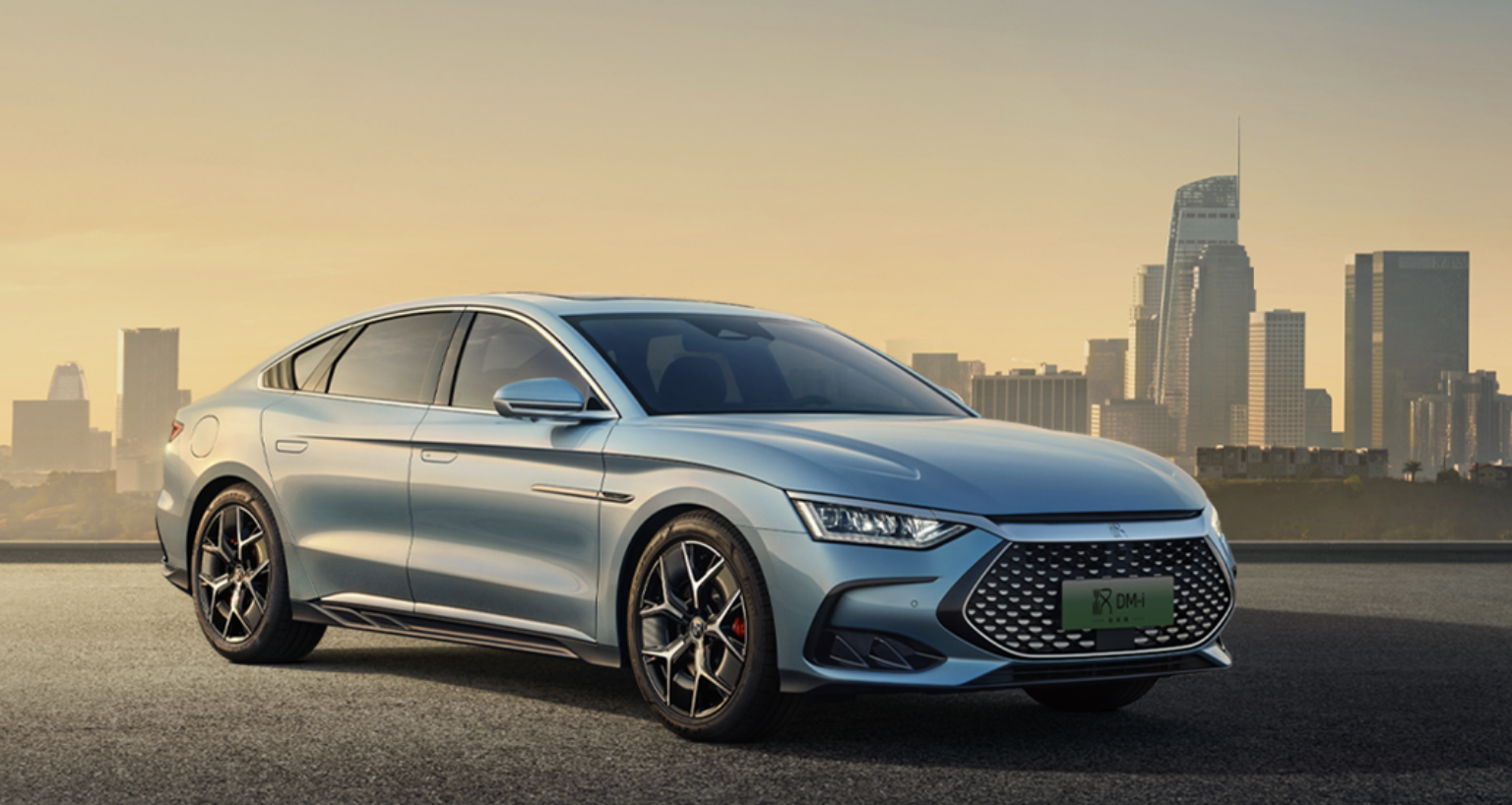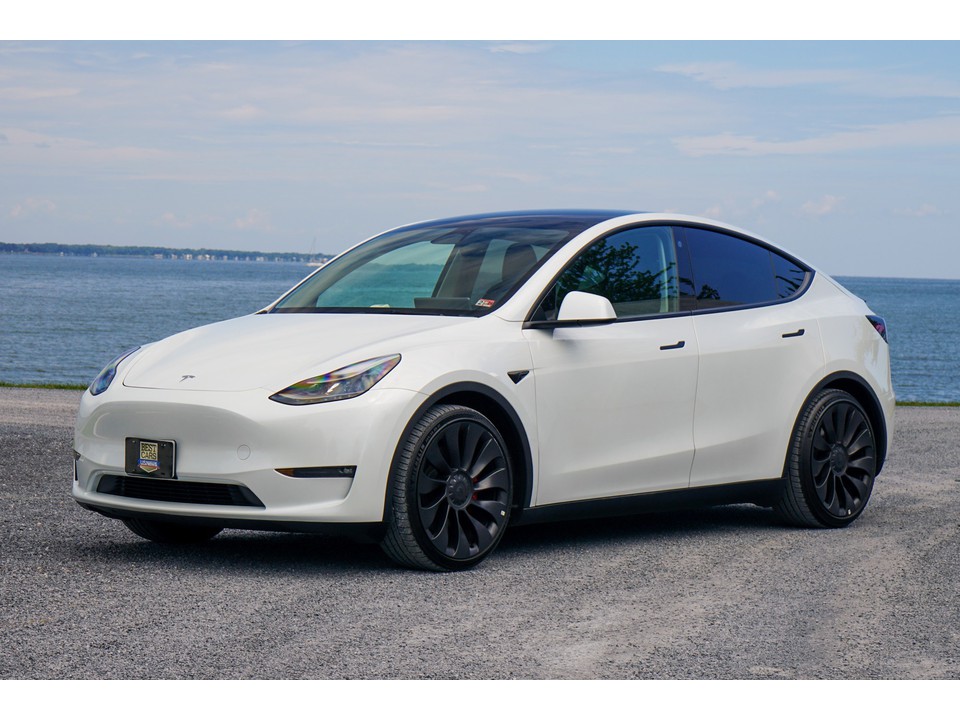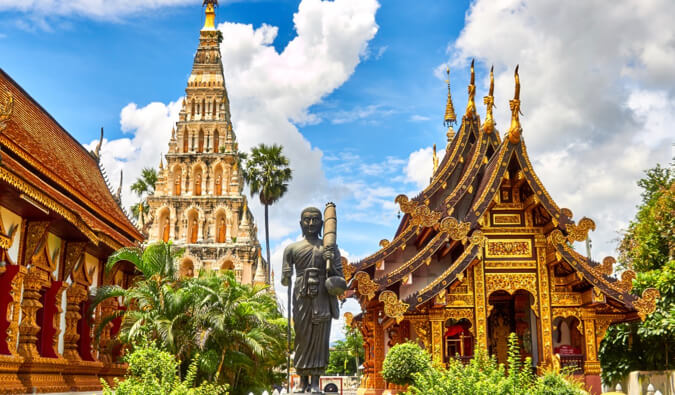BYD wants to build the second electric vehicle factory in ASEAN?
Philippine trade undersecretary Ceferino Rodolfo told the media this week that three Southeast Asian countries, the Philippines, Vietnam and Indonesia, are competing to attract Chinese electric vehicle giant BYD to build electric vehicle assembly plants there.

It is reported that BYD and the Philippines have entered an "advanced discussion stage". The company inspected potential factory locations in the Philippines at the end of last year, and decided on the location of the new factory in the second quarter of this year at the earliest.

According to an anonymous source familiar with the matter, BYD is also in talks with Indonesia to invest in an electric vehicle factory in the country. The Indonesian government plans to offer a series of preferential policies, including tax holidays, incentives and the right to obtain raw materials for batteries, to persuade BYD to set up factories in Indonesia rather than expand in neighboring countries such as Thailand.
Analysis pointed out that this will be BYD's second electric vehicle factory in ASEAN. In September last year, BYD announced that it would establish the company's first Southeast Asian assembly plant in Thailand, as well as its first overseas electric passenger vehicle production plant. It is expected to start production in 2024, with an annual output of 150,000 vehicles, mainly exported to Southeast Asia and Europe.

All kinds of news show that BYD is accelerating its overseas supply chain layout, especially in Southeast Asia.
After its subsidiary company set up a factory in Vietnam to produce solar panels, the above news is a further move by BYD in Vietnam. Analysts generally believe that by investing in automobile production in Southeast Asia, BYD hopes to expand production capacity, control costs, and achieve diversification of production areas.
For Southeast Asian countries rich in nickel metal resources, they are using tax breaks and other incentives to attract the world's top electric vehicle and battery manufacturers such as BYD and Tesla to set up local factories, so as to develop their economies and create employment.
As the largest economy in Southeast Asia, the Indonesian government hopes to invest US$30 billion to develop the battery ecosystem of electric vehicles by 2026 and provide nearly US$5,300 in subsidies for the purchase of each electric vehicle. In April 2022, Ningde Times, the leader in power batteries, announced that it would invest US$6 billion in nickel mining and battery production projects in Indonesia.
BYD pre-disclosed that its net profit quadrupled to a new high last year, and its total sales of electric vehicles surpassed Tesla last year
The pre-disclosure data of the financial report on January 30 shows that benefiting from the strong growth in sales of new energy vehicles, BYD’s net profit in the fourth quarter and the whole year of last year may have reached new highs, of which the annual net profit is expected to surge by 458% year-on-year to a maximum of 17 billion yuan ($2.5 billion), far exceeding analyst expectations. Last year's revenue may exceed 420 billion yuan ($62.3 billion), more than double the revenue in 2021.
According to a number of media reports, last year’s performance enabled BYD to sit firmly on the top spot in the global new energy vehicle market, topping the global new energy vehicle sales list, and surpassing FAW-Volkswagen to become the Chinese auto brand’s passenger car sales champion. The history of being dominated by joint venture brands for 20 years.
In terms of sales volume, BYD is already the world's largest seller of pure electric vehicles (BEV) and plug-in hybrid vehicles, but it ranks second in the world in the field of pure electric vehicles, second only to Tesla.
BYD and Tesla are the only two pure electric vehicle makers that are consistently profitable, but Tesla's profit is still much higher than that of BYD. BYD's net profit margin in 2022 is about 4%, and Tesla's net profit last year was about 12.6 billion U.S. dollars, with a profit margin of about 15%.
Tesla CEO Musk admitted in a earnings conference call a few weeks ago: "We have great respect for Chinese auto companies. They are the most competitive in the world. This is our experience." He even said: "If Let me guess, there may be a Chinese company that is most likely to become a car company second only to Tesla." At that time, many comments believed that Musk positioned BYD as the most competitive opponent.
Coincidentally, Buffett's old partner Munger publicly stated two weeks after Tesla's earnings report that compared to Tesla, "it is easy to explain why" he is more optimistic about BYD: "(Because) Tesla cut prices in China, while BYD raised prices, (In terms of demand) BYD is way ahead of Tesla in China."

 Russian
Russian




